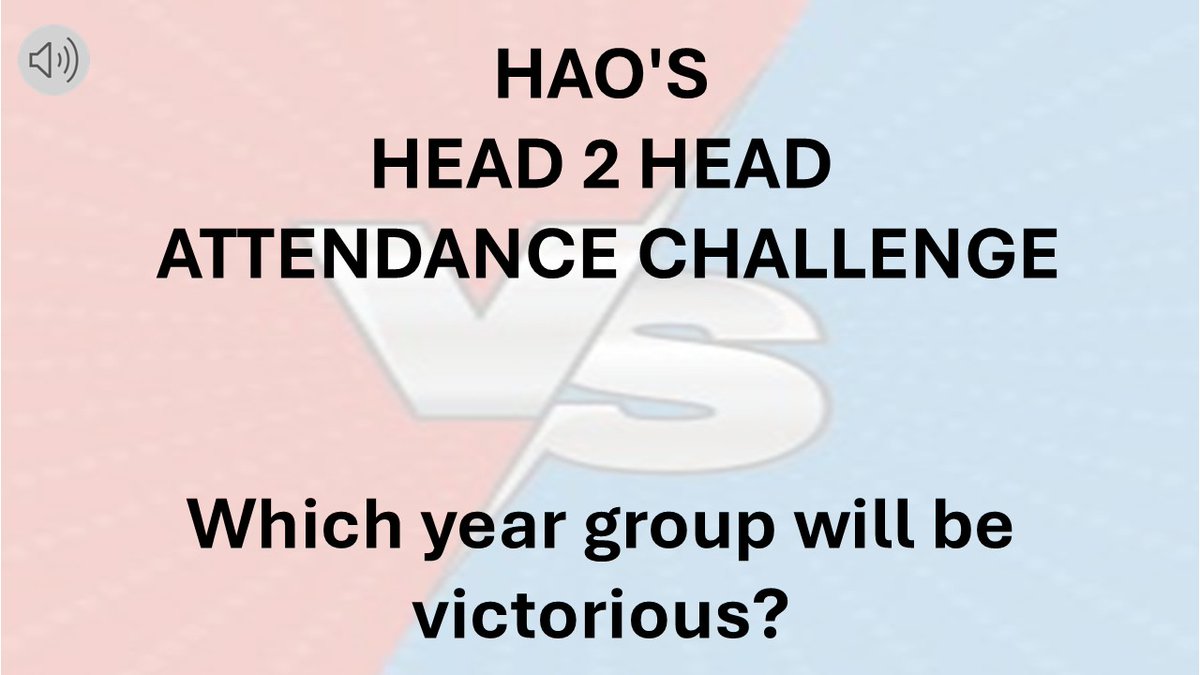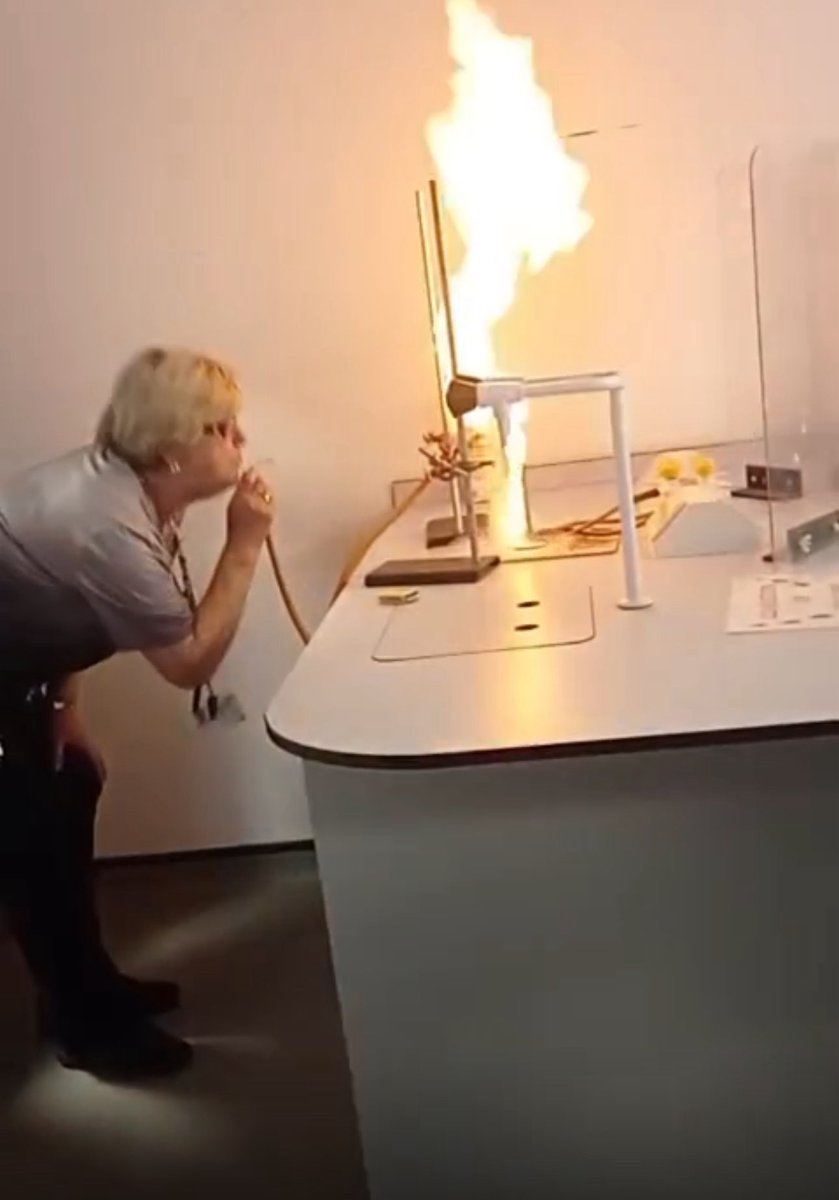Maths
The Harris Federation schemes of learning have been written in line with the aims and ethos of the new National Curriculum and assessments. This has been an exciting opportunity to re-examine the principals of how we teach Mathematics across the Federation and these schemes of work are adopted at Harris Academy Orpington.
We have designed our curriculum such that it reflects the linear nature of Mathematics with opportunities to revisit and consolidate learning so that concepts are not superficially covered but learnt and understood in greater depth. We took the programmes of study from the Department for Education for both Key Stage 3 and Key Stage 4 and have created a curriculum with a five-year course, with exemplar activities and resources to support students learning.
Academy mathematics leaders and teachers are regularly consulted about the curriculum and their feedback has informed further development of the scheme of learning and professional development for our teachers so that our curriculum and delivery are continuously being improved. The mathematics consultant central team see professional development as key to improved learning outcomes for students.
During the years following the initial development of the scheme of learning, Mathematics teachers have received high-quality professional development through London Thames Maths Hub and Federation INSET days and have had opportunities to discuss, collaborate and share ideas and pedagogy to strengthen the schemes of learning and their own professional learning needs.
Harris Academy Orpington has adapted the schemes of learning to ensure it is the best possible curriculum for the cohort of students and to also consider the individual context of the School including the number of lessons they have each week and the timings of their lessons.
What is the intention of the curriculum?
At Harris Academy Orpington we believe that all pupils, regardless of background, have the right to access a high-quality Mathematics curriculum – a curriculum that is both enjoyable and challenging, and where challenge is provided through depth rather than acceleration. Through the study of the principal strands (proportional reasoning, geometric reasoning, data handling, algebra and number) our curriculum is designed to create opportunities that allow pupils to make connections, within the discipline, and across the wider curriculum.
The purpose of our curriculum is to empower students to develop and apply problem-solving skills as they explore and learn Mathematics in a way that sparks their curiosity and builds their resilience. We equip our students with the skills and knowledge to empower them to improve their numerical literacy supporting them in the world we live in. We want to ensure that all teaching across key stages is purposeful, builds on previous knowledge and sequenced to ensure pupils learn more, do more and remember more in Maths lessons.
With our curriculum we aim to support and engage all students to achieve high levels of mathematical reasoning and problem solving whilst helping pupils to develop not only a deep but a secure knowledge and understanding of Mathematics that will remain with them at each stage of their learning.
How will this be implemented?
Subject expertise allows the intentions of our Mathematics curriculum to be executed successfully. Teachers use their subject knowledge to cultivate a classroom culture where the discussion of mathematical ideas is promoted and through these discussions mathematical vocabulary is expanded. Each teacher has autonomy in the classroom. However, we choose to plan lessons and activities as a collective, together developing a range of different activities to engage students in improving their reasoning and problem-solving skills.
Our schemes of work are built on the foundation of skills and knowledge acquired during Key Stage 2. We take time to ensure that students have the pre-requisite skills to maximise their participation and engagement, developing confident mathematicians who are not afraid to take a risk. The interleaving design of the curriculum means that topics are revisited throughout the course and addressed in further depth each time, again building on prior knowledge.
For some students at Harris Academy Orpington it is appropriate to provide them with additional Maths support. These are identified though initial assessments and all pupils continue to be reviewed to ensure pupils receive appropriate support. We have specialist teachers delivering Target Maths sessions that aim to support pupil confidence with key mathematical ideas and work alongside the curriculum to maximise pupil progress and build a strong foundation of mathematical knowledge.
Following the completion of each unit (topic), an assessment is completed. This provides an opportunity to determine students’ strengths and weakness and thus informs our planning. Following assessments, summative and formative, we further consolidation or offer greater challenge where appropriate.
For homework, we use Hegarty Maths where students are set personalised task with videos for support. The homework platform allows the opportunity for habitual practice which support students commit their maths skills into long term memory. Students also complete quizzes which review skills which they have previously covered.
How will we judge the impact of this curriculum?
When students come to the end of their time at Harris Academy Orpington, they can think, talk and act mathematically. They are confident in applying their knowledge to enable them to be both financially and data literate, skills which will allow them to positively contribute to society in any field they choose. They have developed an understanding of the beauty and the relevance of mathematics in our society and many will continue to study maths Post 16.
Curriculum map and progression
|
Key Stage 3 |
||||||
|
Year 7 |
Autumn 1 |
Autumn2 |
Spring 1 |
Spring 2 |
Summer 1 |
Summer 2 |
|
Developing Number Sense |
Algebraic Thinking (Sequences and function machines) |
Fractional Thinking |
Calculating with percentages |
Perimeter, area and volume |
Angles |
|
|
Directed numbers |
Factors, Multiples, Primes and Indices |
Power of 10 |
Proportional reasoning |
Scales and ratio |
Data Collection |
|
|
Place value |
Fractions, Decimal and Percentages |
Rounding and estimation |
Equations |
Angles |
Graphs and charts |
|
|
Hierarchy of Operations |
Fractional Thinking |
Calculations with decimals |
Perimeter, area and volume |
|
Probability and Sets |
|
|
Introduction to Algebraic Thinking (Simplifying, creating expression, substitution) |
|
|
|
|
|
|
|
|
|
|
|
|
|
|
|
|
Autumn 1 |
Autumn 2 |
Spring 1 |
Spring 2 |
Summer 1 |
Summer 2 |
|
Year 8 |
Calculating with decimals |
Probability and Sample Space |
Constructions |
Linear and Quadratic graphs |
Area and Perimeter |
Pythagoras Theorem |
|
Fractions |
Transformations |
Standard Form and Compound measures |
Proportional Reasoning |
Percentage Change |
Data and Charts |
|
|
Properties of Shape |
Algebraic Thinking - Factorising and Expanding |
Sequences |
Roots, Powers and Estimation |
|
Scatter Graphs |
|
|
Angles in Parallel lines |
Congruence and Similarity |
|
|
|
||
|
Coordinate Geometry |
Ratio |
|
|
|
|
|
|
|
Autumn 1 |
Autumn 2 |
Spring 1 |
Spring 2 |
Summer 1 |
Summer 2 |
|
Year 9 |
Probability |
Changing the subject of an equation |
Right-Angled Triangles |
3D Shapes |
Percentage Change |
Scatter Graphs |
|
Ratio |
Graphs |
Similarity and Congruence |
Compound Measure |
Expanding binomials and graphical solutions |
Standard Form |
|
|
Angles in Polygons |
Proportional Reasoning |
Simultaneous Equations |
Statistics |
Bounds |
||
|
Key Stage 4 |
||||||
|
The mathematics schemes of work for Key Stage 4 broadly follows the AQA new GCSE mathematics 8300 specification and builds on students prior learning from Key Stage 3. |
||||||
|
|
||||||
|
Foundation Tier |
||||||
|
Year 10F |
Autumn 1 |
Autumn 2 |
Spring 1 |
Spring 2 |
Summer 1 |
Summer 2 |
|
Indices |
Compound Measures |
Perimeter, Area and Volume |
Quadratics |
Simultaneous equations |
Transformations |
|
|
Calculating with Percentages |
Equations, identities, and inequalities |
Pythagoras’ Theorem and trigonometry |
Plotting and interpreting graphs |
Probability |
Constructions and loci |
|
|
Statistical Measures |
Properties of Shapes including Polygons |
|
|
|
||
|
|
Congruence and Similarity |
|
|
|
|
|
|
|
Autumn 1 |
Autumn 2 |
Spring 1 |
Spring 2 |
Summer 1 |
Summer 2 |
|
Year 11F |
Algebraic equations and Expressions |
Probability |
Angles including bearings |
Inequalities and Identities |
Construction and locii |
External Exams |
|
Standard Form |
Ratio, Proportion and Variation |
Right angles triangles |
Non linear graphs and real life graphs |
Revision |
||
|
Coordinates and linear graphs |
Transformations and vectors |
Area Perimeter and Volume |
External Exams |
|||
|
|
||||||
|
Higher Tier |
||||||
|
Year 10H |
Autumn 1 |
Autumn 2 |
Spring 1 |
Spring 2 |
Summer 1 |
Summer 2 |
|
Indices and Standard Form |
Compound Measure |
Similarity and congruence |
Quadratics and their graphs |
Simultaneous equations |
Transformations |
|
|
Calculating with percentages |
Equations, identities, and inequalities |
Surds |
Plotting and interpreting graphs |
Probability |
Constructions and Loci |
|
|
Statistical Measures |
Properties of Shape |
Pythagoras’ Theorem and trigonometry |
|
|
||
|
|
|
Perimeter, area, and volume |
|
|
|
|
|
|
|
|
|
|
|
|
|
|
Autumn 1 |
Autumn 2 |
Spring 1 |
Spring 2 |
Summer 1 |
Summer 2 |
|
Year 11H |
Accuracy and bounds |
Probability |
Angels including circle theorems |
Sequences |
Revision |
External exams |
|
Algebraic expressions, functions and iteration |
Ratio, proportion and variation |
Triangles |
Non linear and real life graphs |
|||
|
Equation of straight lines |
Transformations and vectors |
Surface area and volume |
Equations, inequalities, identities and proof |
|||
|
|
|
|||||
|
|
|
|
|
|||























